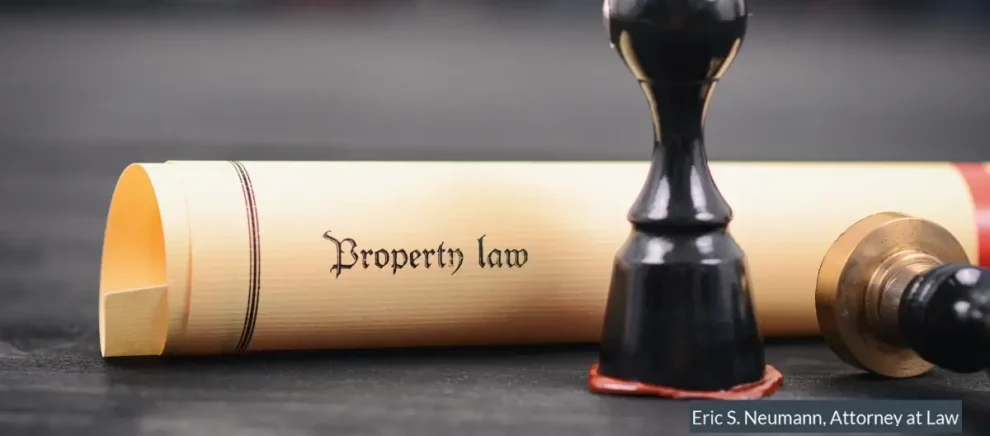|
|
Last
Modified on
Oct 21, 2025
When dividing assets during a divorce, the Louisiana community property laws can leave individuals feeling overwhelmed and confused. If you’re facing a divorce in Louisiana, understanding how property division works is important, as are the state’s unique laws on the matter.
Louisiana Divorce Statistics and Trends
In Louisiana, divorce rates are slightly higher than the national average. According to some statistics, approximately 50% of marriages end in divorce after 20 years, and Louisiana generally follows that national trend.
This statistic underscores the importance of understanding community property laws. With so many marriages ending in divorce, individuals must be prepared to handle the complexities of property division.
Key Components of Community Property Laws in Louisiana
Understanding the key components of community property laws in Louisiana is important for anyone navigating a divorce or legal separation in the state. Unlike many other states, Louisiana is only one of nine states that follows a community property system, which means most property acquired during the marriage is considered jointly owned by both spouses.
Whether you’re in the middle of a divorce or just thinking about one, you need to know the important elements of Louisiana’s community property laws. Some of these are:
- Community property vs. separate property. Property acquired during the marriage is presumed to be community property. However, property owned before the marriage or acquired through an inheritance or a gift is considered separate property. This isn’t subject to division during a divorce.
- Income and debts. All income earned by either spouse during the marriage is considered community property. This includes wages, salary, and even income from a business. Likewise, debts accumulated during the marriage, like credit card balances, mortgages, and loans, are typically treated as community debts, and both spouses may be equally responsible for paying them.
- Division of property. In Louisiana, community property should be divided equally between both spouses. However, this doesn’t mean every single asset must be split 50/50. Rather, the overall value of the community property must be divided fairly. In some cases, the division may not be equal if a court finds that one spouse has contributed more financially or there are significant differences in the value of certain assets.
- Judicial discretion. Although Louisiana has community property laws in place, judges do have discretion in how property is divided. If there’s a dispute over whether an asset is community or separate property, or if one spouse believes the division to be unfair, a judge may intervene. Courts consider factors like the length of the marriage, the financial contributions of each spouse, and the needs of the children when making a ruling.
By understanding the key components of community property laws, you can better prepare yourself for the legal process and protect your rights. Whether dealing with income, assets, or debts, knowing how Louisiana’s laws apply to your situation is the first step toward securing a fair outcome in your divorce.
How to Protect Your Assets in a Louisiana Divorce
Protecting your assets during a divorce in Louisiana requires careful planning and a solid understanding of the state’s community property laws. It’s understandable to be worried about the division of marital property or concerned about hidden assets. If you’re anticipating a divorce or dealing with a complex community property situation, it’s important to take steps to protect your assets. These can include:
- Document all assets. Keep records of all your financial accounts, investments, property, and other assets. This will be crucial in proving whether an asset is separate or community property.
- Create a postnuptial agreement. If you’re currently married, a postnuptial agreement can outline how property is divided in the event of a divorce. This can prevent disputes from arising later.
- Seek professional help. Consult a Louisiana family law attorney who understands the nuances of community property laws. An experienced lawyer can assert your property rights and advocate for your interests during the divorce process.
By taking the right steps to protect your assets, you can reduce the risk of an unfair division and make sure your financial interests are well-defended throughout the divorce process. Whether it involves documenting your property or creating a postnuptial agreement, working with a qualified attorney can be crucial for a fair outcome. Stay informed, and make sure your assets are properly protected during your Louisiana divorce.
FAQs
Can I Protect My Business From Being Classified as Community Property in Louisiana?
Yes, you can protect your business by proving that it was acquired before your marriage or through a gift or inheritance. If your business was started during the marriage, keeping personal and business finances separate, and maintaining clear documentation, can help prevent it from being considered community property during property division.
What Happens If One Spouse Misuses Community Funds During a Marriage in Louisiana?
If one spouse uses community funds for personal expenses or luxury purchases without the other’s consent, it may be considered mismanagement. In a divorce, the court may take this into account, potentially awarding a larger portion of the community property to the other spouse. Documentation of this kind of behavior is important for proving that it occurred.
Can I Transfer Assets to a Family Member to Protect Them From Property Division?
Transferring assets to a family member during a divorce in Louisiana isn’t a foolproof way to protect them. Courts could view this as an attempt to hide assets and reverse the transfer. If you suspect your spouse of trying to hide assets, it’s essential to work with an attorney to address these concerns and legally safeguard your interests.
How Do Louisiana Courts Handle a Spouse With a Significant Amount of Separate Debt?
In Louisiana, separate debt is typically the responsibility of the spouse who incurred it. However, if the debt was used for the benefit of the household (e.g., family expenses or a home), it may be considered a joint obligation. Courts can review the debt’s origin and use when determining who’s responsible for repayment in the divorce process.
Contact an Experienced Louisiana Divorce Attorney
If you’re facing a divorce in Louisiana, don’t hesitate to reach out to the office of Eric S. Neumann, Attorney at Law, to guide you through the legal process with clarity and confidence.
Contact us today to schedule a consultation.




